This is the story of yet another expat in Germany applying for a freelance visa. But this one is slightly different than what I read online. This story is talking about going from a working-holiday visa to a freelance visa. The main difference lies in the fact that a working-holiday visa allows one to apply to be a freelancer in Germany (fill out the application form and just drop it through the mailbox of the Finanzamt of your neighborhood and you get your Steuernummer in the mail). So my first tip, if you have this visa or planning on having it, is to start this process as soon as possible. This would make the early preparations way easier for you.
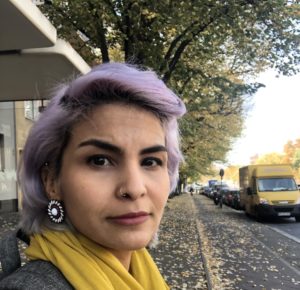
How would it make the preparation for the Freelance Residence Permit easier?
Well, first, it shows you are a hard worker and a responsible person. You take care of yourself and provide for yourself even with a restricted visa. I went for this visa because it is easy to issue and it gives you a year to live in Germany. But it wasn’t until pretty late before it expired (around 5 months before), that I started to actually freelance. I searched for a regular job as an employee, but the restrictions in this field make it almost impossible to find. Depends on what you do of course. Moreover, starting to work as a freelancer in your field lets you build a strong enough network that in the future could be very handful in reaching for intent letters, which play a huge role in the visa application.
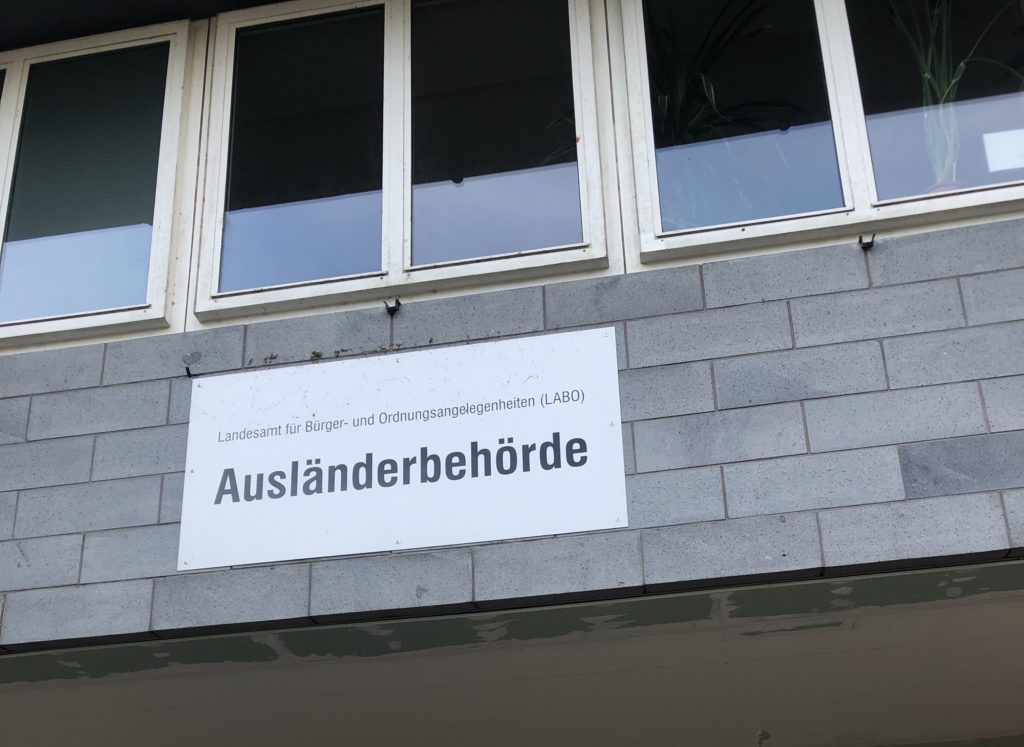
Intent letters prove interest in you as a professional, so naturally, they need to be from companies or individuals that are based in Germany
To my appointment, I brought four intent letters, and two working contracts with current clients. I guess the contracts part was the one to overcome my lack of solid liquid-funds state. This is why shifting from a working holiday visa to a freelance visa is so different then applying without the ability to work, and creating a strong network is key to getting to potential clients, basing oneself as a professional in your field to strengthen one’s working-related links in the city and to the city and just to show that you are here. That this residence permit is just a technicality. This is why I strongly advise one to start working as a freelancer with a working holiday visa as soon as possible.
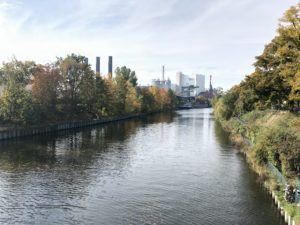
My problem is that I am a person who’s terrified of bureaucracy and I always procrastinate till the very last minute. So I postponed dealing with both the freelance case opening and the visa application, so it was very stressful for me but it doesn’t have to be. If you start early, things will look different. Go to the city website to the permit residence section, download the list of qualifications and needed documents in advance, and if you’re missing anything you’d realize it on time and can still fix it or get it somehow.
Health Insurance
Besides intent letters and contracts, you have to also show them valid health insurance. I had mine with Mawista (the expat care kind). From what I read, some officers do not accept this insurance. In this case, they give you a temporary residence permit and some time to change your insurance company and come back, but it shouldn’t be a problem as long as you’re insured (NOT from your homeland or as a traveler but as a resident in Germany). The visa is only valid as long as you are insured, meaning it is a condition for the validity of the visa. I also printed in color some very easy-on-the-eye articles from my website as a portfolio, got this tip from one of my recommenders.
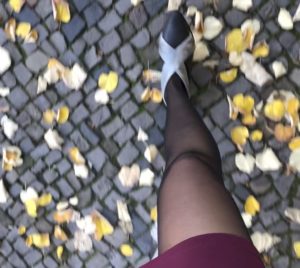
The only setback I had, and therefore fear and anxiety accompanied me in this process, is the fact that I didn’t have lots of liquid funds. Actually, I had almost none. That was the reason I brought the contracts, and also a bank statement, which is required as well, together with a profit and loss form and a financing plan (which only had the liquid fund stated on my bank account statement).
Schedule the meeting at a time it is good for you to arrive. For me, it was not too early in the morning because I’m not a morning person. I woke up that they and tried to call for all the good energy I could. I drank my coffee on the sofa with ease, I pep talked myself, calmed myself, and tried to relax as much as I could. I got ready slowly, got all my documents the day before in a binder, and didn’t connect any documents together. I left the house early, so I wouldn’t be stressed if it took me some time to find the place. I did anything in my power to stay calm, and to eliminate any risk of anxiety arising.
I brought a translator, but luckily my officer spoke to me in English. Still, it’s good to come with a friend to talk to between the meeting and the decision because the wait could drive one insane. I recommend practicing some German sentences that might come up during the meeting, and looking up some questions that the officers might ask like asking for a specific document (so practicing the names of the documents in German as well). Try to speak in German for as long as you can. Show them that you are at least learning. That you are making an effort. My officer was very patient, didn’t rush me or asked for something I didn’t have, and didn’t ask me any questions. I did read a lot of stories stating other behavior by the officers. So I could be lucky on this part.
Make sure you know where the meeting is. There are two offices, and each origin country has its own building so pay attention to that. About booking appointments – usually, the immigration office has no available slots, again in this I got lucky and the first time I tried to book an appointment there was a free slot that fitted me. But look early and try to book every week at least, in the mornings of Monday and Thursday if I’m not mistaken, for new appointment slots or canceled ones.
After the not-so-long wait, I was called in with my appointment number and was explained by the officer that I got the visa, he showed me my title, and said that it was only valid as long as I had health insurance. I received my freelance visa only for two years (although I filled 5 years on my application form) but still, I couldn’t believe I actually got the visa. I was so relieved and couldn’t believe it had just actually happened.
Bureaucracy is intense and tough, so it’s good to be prepared, to start early so it would be a little bit less intimidating. Every obstacle I pass makes dealing with bureaucracy a little easier, and I’m always trying to improve.
Video version:

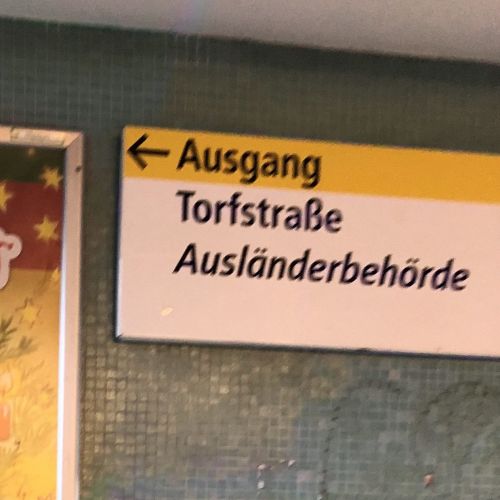
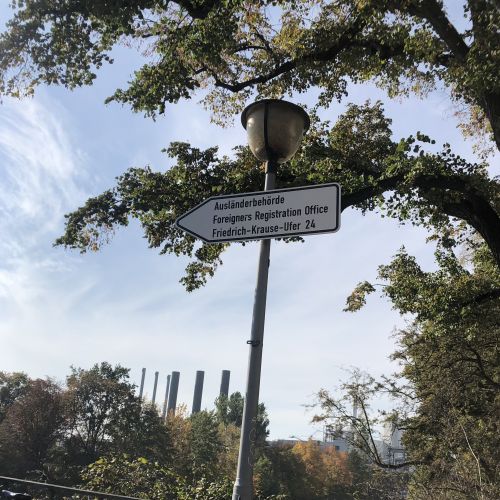
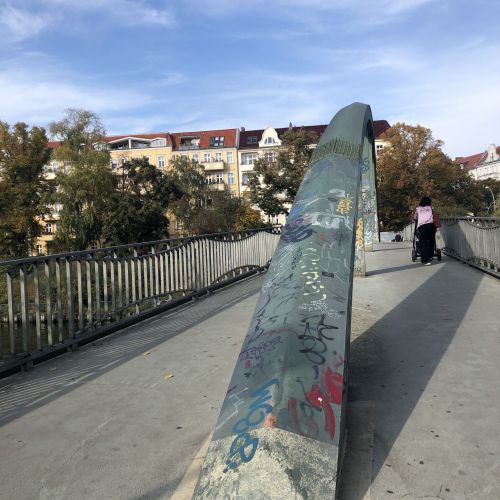
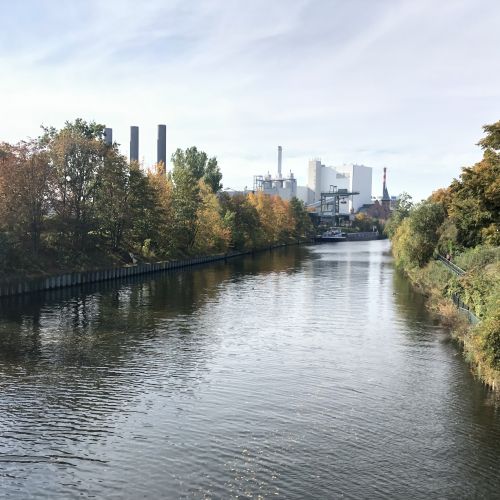
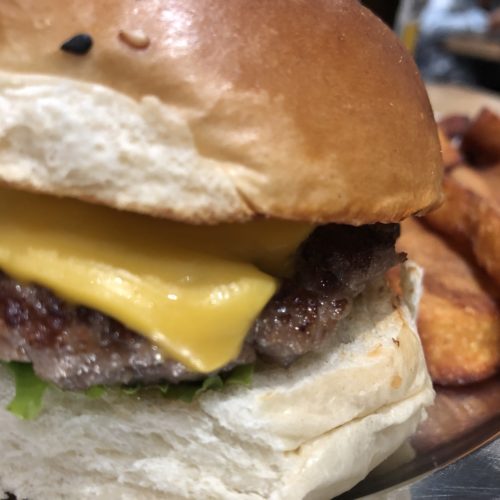
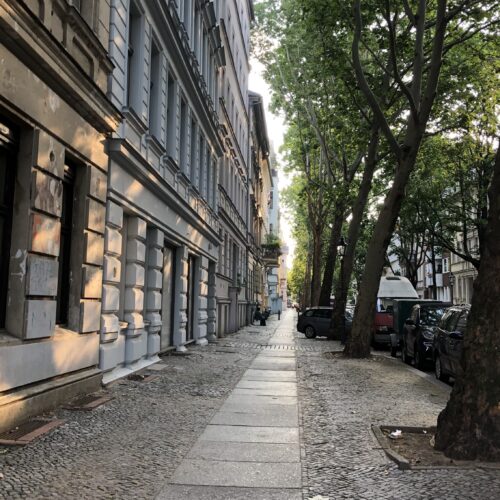
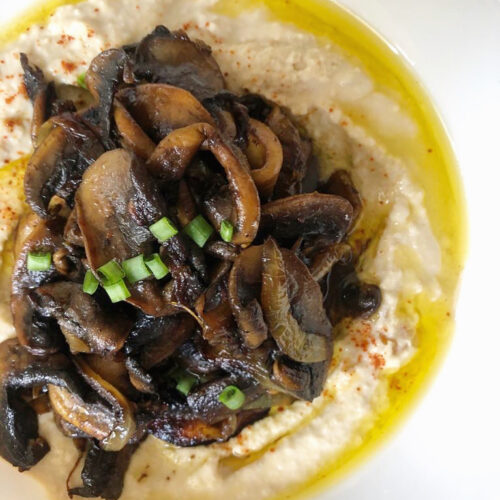
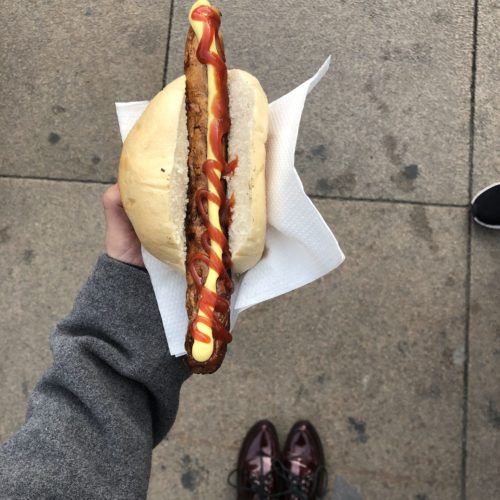
Pingback: Moving To Berlin: Relocation Struggles - ShirEats.